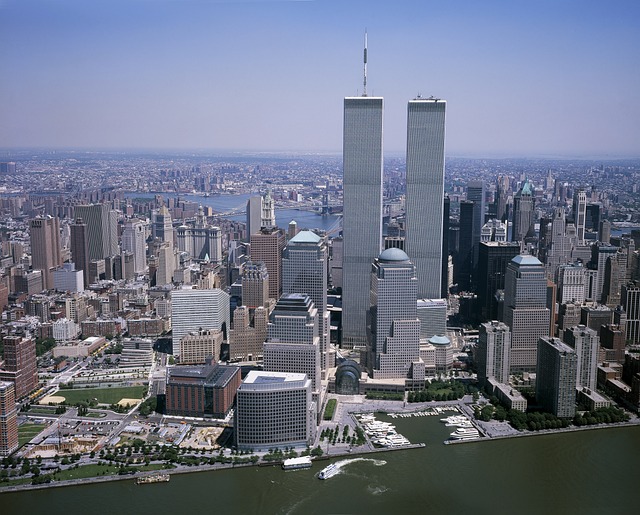Share This Article:

New York, NY (WorkersCompensation.com). Employees can’t obtain benefits for World Trade Center clean-up efforts under New York’s Workers' Compensation Law article 8-A unless that show their work was genuinely connected to the rescue, recovery, and cleanup operations following the 2001 terrorist attacks.
As one case shows, it’s not enough for an employee to assert his job was somehow tangentially related to the recovery efforts.
In Daly v. New York City Office of Management & Budget, No. 534625. (N.Y. Sup. Ct. App. Div. 03/30/23), a budget analyst was working for the New York City Office of Management & Budget in Manhattan when the Sept. 11, 2001, terrorist attacks occurred.
In 2010, he filed a registration of his participation in the World Trade Center rescue, recovery, and cleanup operations with the Workers' Compensation Board. In June 2021, the analyst filed a claim for benefits. He claimed he incurred injuries from being exposed to toxins at the WTC site while "working on budgetary action for the recovery.”
The Board denied the claim, and the analyst challenged that denial.
The court noted that Workers' Compensation Law article 8-A allows claimants to seek recovery for injuries that resulted from their exposure to hazards while working in rescue, recovery, or cleanup operations following the September 11th attack. It was enacted to make it easier to file claims for conditions that may not have been apparent at the time of the clean-up.
The court pointed out that for a claimant to recover under article 8-A, he or she must have directly participated in or otherwise had some tangible connection to the rescue, recovery, or cleanup operations.
The court added that it would uphold the board’s determination concerning a worker’s participation in or connection to the operations so long as: 1) the board’s construction and application of the words “rescue, recovery, cleanup” were consistent with their generally accepted meaning; and 2) the underlying factual basis for the board’s determination was supported by substantial evidence.
In this case, the board met both standards. The court pointed out that the analyst failed to testify that he directly participated in the rescue, recovery, and cleanup operations at the WTC site. “Rather, according to claimant, after the attack he was assigned to do ‘budgetary analysis for the rescue, recovery and cleanup’ operations, although his general job duties remained the same,” the court wrote.
Further, the analyst did not provide any other information about what his analysis entailed or how his work was connected to the operations at the WTC site.
“Under these circumstances, we find that the Board's factual finding that claimant did not demonstrate that his job duties as a budget analyst had a direct or tangible connection to the rescue, recovery or cleanup operations at the WTC site is supported by substantial evidence,” the court wrote.
Declining to find that the board abused its discretion, the court affirmed the board’s determination that article 8-A did not apply to the analyst’s claim.
Get the latest in court's and compliance with SimplyResearch
california case management case management focus claims compensability compliance courts covid do you know the rule emotions exclusive remedy florida FMLA glossary check health care Healthcare hr homeroom insurance insurers iowa kentucky leadership medical NCCI new jersey new york ohio osha pennsylvania roadmap Safety state info technology texas violence WDYT west virginia what do you think women's history women's history month workcompcollege workers' comp 101 workers' recovery Workplace Safety Workplace Violence
Read Also
- Apr 04, 2025
- Frank Ferreri
- Apr 03, 2025
- Frank Ferreri
About The Author
About The Author
- Chris Parker
More by This Author
Read More
- Apr 04, 2025
- Frank Ferreri
- Apr 03, 2025
- Frank Ferreri
- Apr 02, 2025
- Liz Carey
- Apr 02, 2025
- Claire Muselman
- Apr 02, 2025
- Claire Muselman




